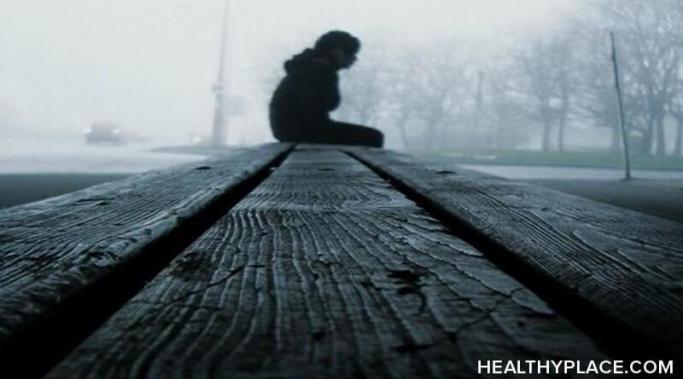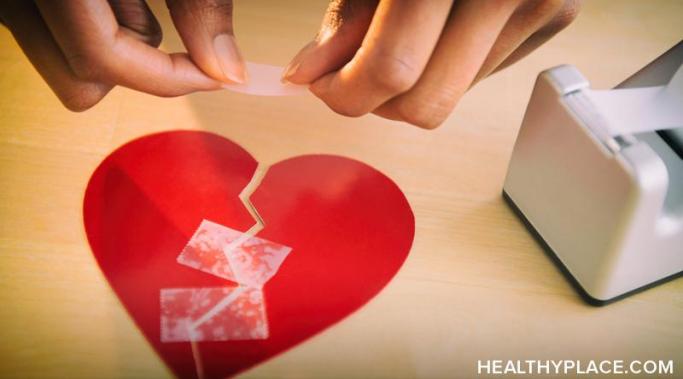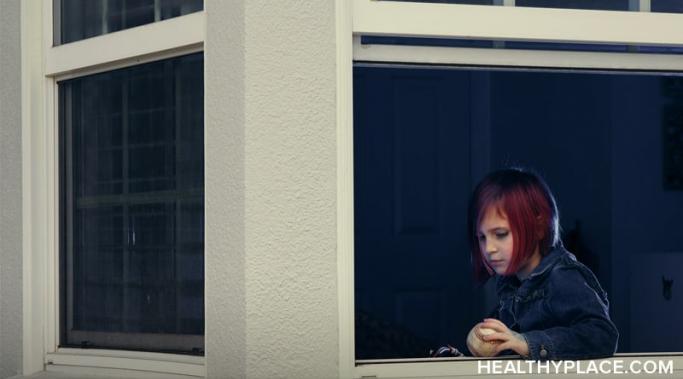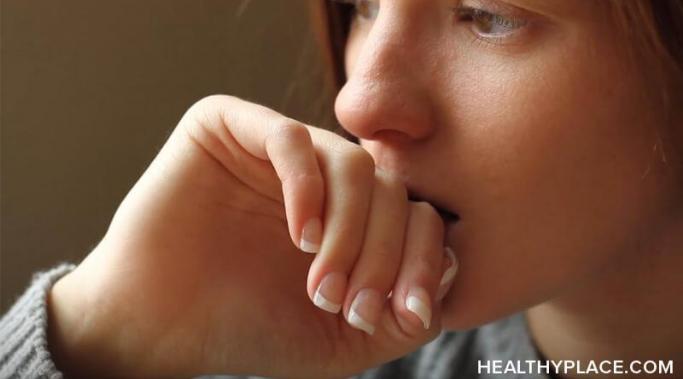Blogs
The analogy of putting on your mask first before helping others goes beyond airplane safety, especially for victims of verbal abuse. The concept that you can't help others if you cannot function yourself is critical. Another relatable comparison includes trying to pour from an empty cup. As I heal from verbal abuse, I've recognized how important taking care of myself is so I can help others.
My biggest fear as someone with schizophrenia is experiencing a prolonged period of psychosis, but I have other worries that I live with as well. Because of my anxiety disorder, fear and worry are regular visitors in my life. Most of my fears are centered around medical issues, the loss of my husband due to illness, a car accident, or a heart attack or stroke (I think of all the scary things). There is a type of fear separate from all the ones I have listed, though, but no less prevalent, and that fear has to do with judgment, stigma, and rejection. It mostly has to do with rejection.
Sometimes, you have to leave a queer relationship. All breakups are hard, no matter how you look at it. I have found my queer breakups to be particularly challenging, however. I think for some of us, this can have to do with living portions of our lives authentically, and when we finally are dating the gender or genders of partners that we truly desire, emotions can become intense, and so can connections. My excitement about being with a woman for the first time blinded me from being able to see some of the major issues in our dynamic. But now, I've identified five signs it's time to leave your queer relationship that I wish I had thought about earlier.
I recently learned the value of practicing stillness. I spent the last two weeks overseas in Nepal, immersing myself in a culture and climate so marvelously different from my own. I embarked on this journey expecting to learn about another unique way of life—and I most certainly have. But in the process, I also encountered lessons that challenged my current relationship with body image, mental health, and personal growth as a whole. To be more specific, my time in Nepal has shown me the value of practicing stillness in eating disorder recovery.
People with borderline personality disorder often have issues with feelings of rejection. In fact, the feeling of rejection is the thing that gets under my skin the most. With borderline personality disorder (BPD), even the tiniest microexpression can make me feel like I'm going off the deep end. Now, there's this one time that sticks out like a sore thumb when it comes to feeling rejected -- the classic "no text back" scenario.
There are many times when I can't think. It's a bit of a problem for a contracted writer. You do need to be able to think in order to write. And in spite of the fact that it impacts my livelihood, I can't think way too often.
As autumn — or fall — arrives after the scorching summer, I gladly welcome it as the season of gratitude. Whether it's the feeling of relief as the oppressive heat and humidity fade away or eager anticipation of the seasonal foods that become available, it always fills me with an overwhelming sense of appreciation. For me, fall is the season of gratitude.
Anticipatory anxiety is more severe than stressing out about a current situation. Clinical psychologist Sally Winston and master clinician Martin Seif define anticipatory anxiety as a fear of failure and other bad things that might happen in the future. As a result of anticipatory anxiety, many people avoid important tasks and new things. To learn about my experience with anticipatory anxiety and change and how I managed it, continue reading this post.
Recently, I witnessed verbal abuse of a stranger during my hospital stay that made me angry. Because I've been the target of verbal abuse, I know how hurtful words can make someone feel. I wanted to ensure that no one would have to feel like I did because of verbal abuse. To get a clear picture of the situation, the verbal abuse of a stranger started in a hospital setting. It came from a healthcare aide who didn't want to deal with an elderly woman in a long-term care bed who needed help.
I’ve written a lot about my past knee replacement surgery in my right leg. But I have another knee replacement in my left leg in less than a month. Since I know what to expect, I can prepare better this time. Hopefully, because of this, my schizoaffective anxiety won’t flare up as badly because of the surgery.









